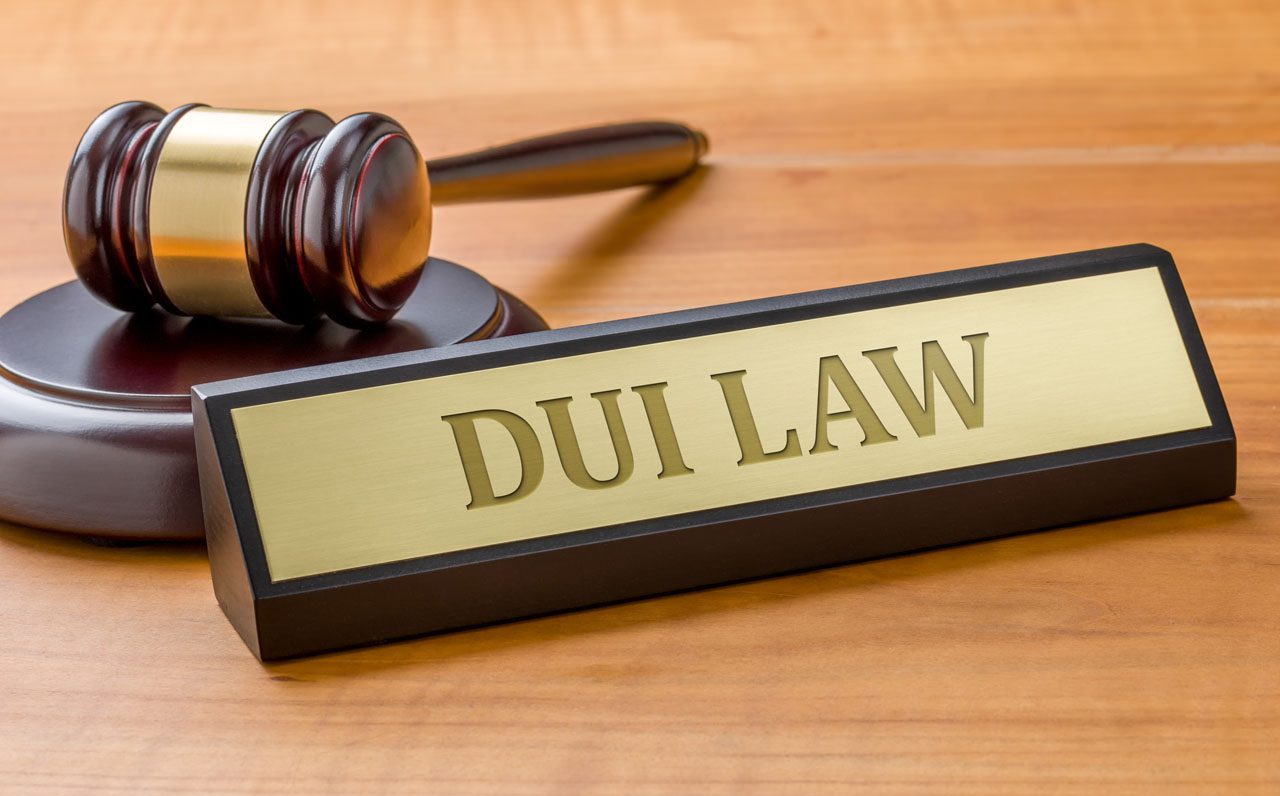
Ultimate Dui Penalties Guide & Top Tips | Stay Informed
Welcome to our comprehensive guide on DUI penalties and how to stay informed. Driving under the influence (DUI) is a serious offense that can have significant, life-altering consequences. This post is designed to educate you about the legal repercussions of DUI and provide helpful tips on how to avoid them.
Understanding the spectrum of penalties and the factors that influence them can be pivotal in making informed decisions about drinking and driving. This guide will break down everything you need to know, from basic legal consequences to tips on handling DUI charges effectively.
Understanding DUI Penalties: An Overview
DUI penalties vary significantly by state but generally involve a combination of fines, license suspension, and possibly jail time. Penalties become more severe for repeat offenders or if the incident involved aggravating factors like an accident causing injury or death. First-time offenders might face lighter sentences, especially with a clean driving record, but even these can include substantial fines and temporary suspension of driving privileges. It’s crucial that those facing charges understand the typical outcomes and how they apply specifically in their jurisdiction. website can also play a critical role in minimizing penalties.
The monetary fines associated with DUIs can stretch into thousands of dollars, not accounting for potential hikes in insurance rates and other hidden costs like impound fees or costs associated with alcohol education programs mandated by courts. Understanding these potential financial impacts is vital for anyone facing DUI charges.

The Role of Blood Alcohol Content (BAC) in Determining Penalties
The blood alcohol content (BAC) at the time of arrest heavily influences the severity of DUI penalties. Each state has set a legal BAC limit—commonly 0.08% for drivers 21 and over—breaching which is sufficient grounds for a DUI charge. Drivers caught with BACs significantly higher than the legal limit may face harsher penalties due to demonstrating higher impairment levels.
Commercial drivers and individuals under the age of 21 typically have lower BAC limits, reflecting stricter standards due to their driving responsibilities or legal drinking age status. This distinction underpins the variable nature of DUI laws and underscores the importance of understanding legal limits within your state.
Aggravating Factors That Can Increase DUI Penalties
Certain circumstances related to a DUI can enhance the severity of charges and penalties. These aggravating factors include having minors in the vehicle, causing an accident that leads to injury or death, or having a particularly high BAC level at the time of arrest. Situations like these can elevate a misdemeanor to a felony charge, dramatically influencing sentencing outcomes.
Additionally, engaging in reckless driving behaviors such as speeding while under the influence, or having multiple DUI offenses on your record, also typically result in harsher consequences. Understanding how these factors affect your case is key to navigating the complexities surrounding your defense strategy.
Preventive Measures and Safe Driving Tips
To avoid facing DUI charges altogether, adopt preventive strategies such as designating a sober driver or using public transportation or ride-sharing services after consuming alcohol. Planning ahead before participating in activities where alcohol is involved is crucial for safe driving.
Moreover, thoroughly understanding how alcohol affects your body and mindful consumption can reduce risk. Tools like personal breathalyzers or smartphone apps designed to estimate BAC based on your drink intake can also help make informed decisions about when it may be safer to not drive.
Legal Avenues and Representation
Navigating DUI charges often requires legal expertise to potentially mitigate repercussions or even challenge the basis of the arrest if irregularities existed in procedures like BAC testing or if there were violations of constitutional rights during detention. Consulting with experienced attorneys who specialize in DUI law can provide crucial guidance and advocacy.
Representation by knowledgeable legal counsel is invaluable as they understand nuances specific to local laws and court systems—it’s not just about legal defense strategies but effectively negotiating terms that could include reduced penalties or alternative programs like substance abuse education instead of jail time.
In conclusion, while facing DUI charges can be daunting, thorough knowledge coupled with proactive measures can mitigate their impact significantly. Remember that prevention is always better than dealing with the consequences—staying educated about your state’s laws and making smart choices when drinking can keep you safer on the road.
Last but not least, should you find yourself facing charges, immediate steps such as consulting with qualified attorneys should be prioritised — ensuring you handle all aspects wisely from both a legal and practical standpoint.
